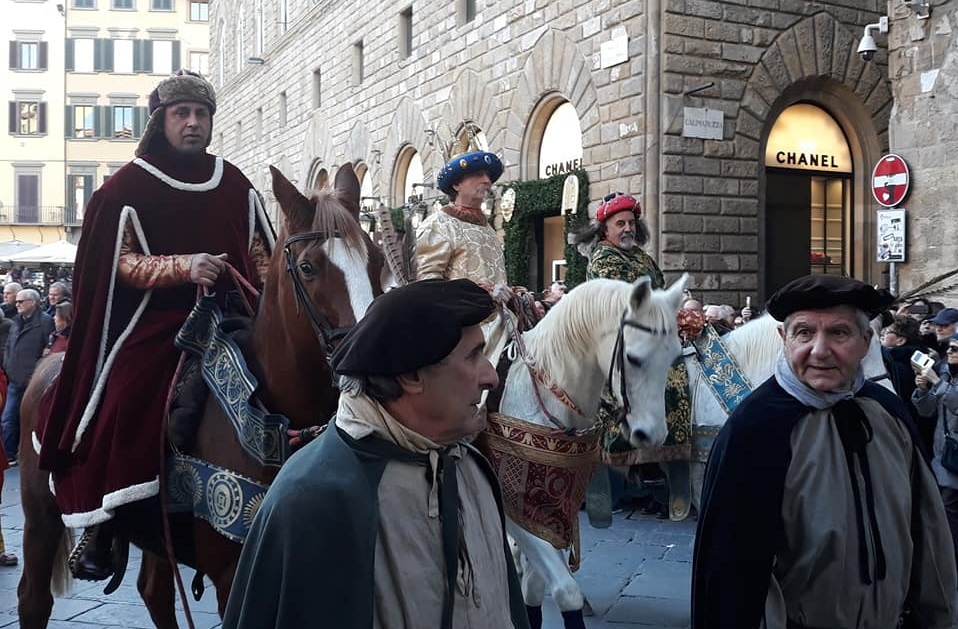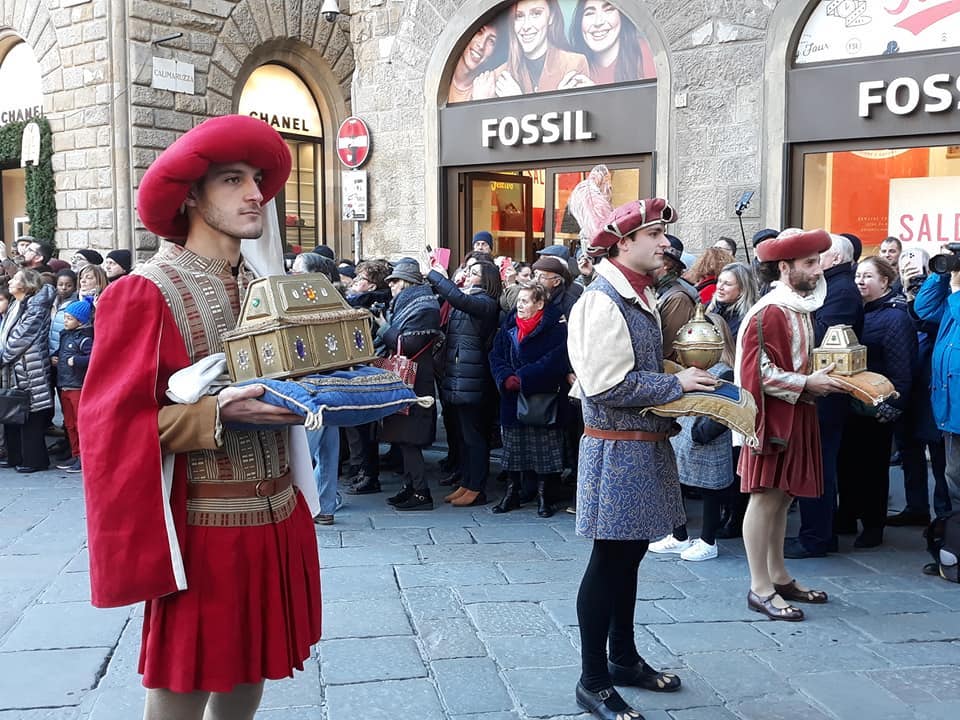The day is a national holiday in many countries worldwide, including our neighbors Finland, Sweden, Poland and Germany, and of course Itaalia, where a witch-like woman La Befana (an Italian tradition from Christian legend since the 13th century), also plays a part for the kiddies. In almost all Spanish cities, the Cabalgata de Reyes Magos is a traditional parade with floats carrying the Wise Men. Among Irish and Amish kristlased, this day is also known as Little Christmas or Old Christmas. In Estonia, people regard kolmekuningapäev as the final day of the Christmas period, unless of course you are of Eastern Orthodox faith (õige/usklik). Then the next day would be your Christmas Day. For Lutherans, the holidays began with tidying up on tooma/päev, 21. detsembril and bringing in the tree, usually only a day or two before Christmas Eve maximum! A lot of families actually still bring the tree in and decorate it on jõulu/laupäev (Christmas Eve), that way you really don't want to send it off until after the Wise Men have reached their sweet destination. (The singular of Magi is Magus – which means sweet in Estonian.) The word Magi tends to trick the Estonian eye into thinking mägi, which means mountain or hill in the context of local Estonian geograafia, as in Suur Muna/mägi, Estonia's highest at 317,4 m üle mere/pinna (above sea level). Mägi is also a very common Estonian surname. Magi in the context of the Wise Men comes from the Greek word “mágos”, which is where the English word magic comes from. Magos in turn comes from the old Persian “Magupati”, a title given to priests in a sect of the ancient Persian religions such as Zoroastrianism. Today we might call them astroloogid (astrologers) or tähe/targad, having “star smarts”.
…you only have until this day, 6. jaanuar to wish them a Happy New Year. If you forget and wish someone Happy New Year and after that day, you have to give them a gift…
Although not very religious, Estonians do adhere to many traditions set in place by the church. Most people don't take out their tree until after Epiphany. And it's common knowledge that just as you shouldn't wish anyone a Happy New Year until 12 midnight on the 31st (before that you only wish HEAD VANA-AASTA LÕPPU, (Happy End of the Old Year), you only have until this day, 6. jaanuar to wish them a Happy New Year. If you forget and wish someone Happy New Year and after that day, you have to give them a gift, “pead pudeli tegema” (a bottle of booze or why not a smoked ham). Perhaps in this day and age, taking them out for a kohv or bowl of vegan supp will suffice. HEAD UUE AASTA JÄTKU! Happy continued new!
Riina Kindlam





